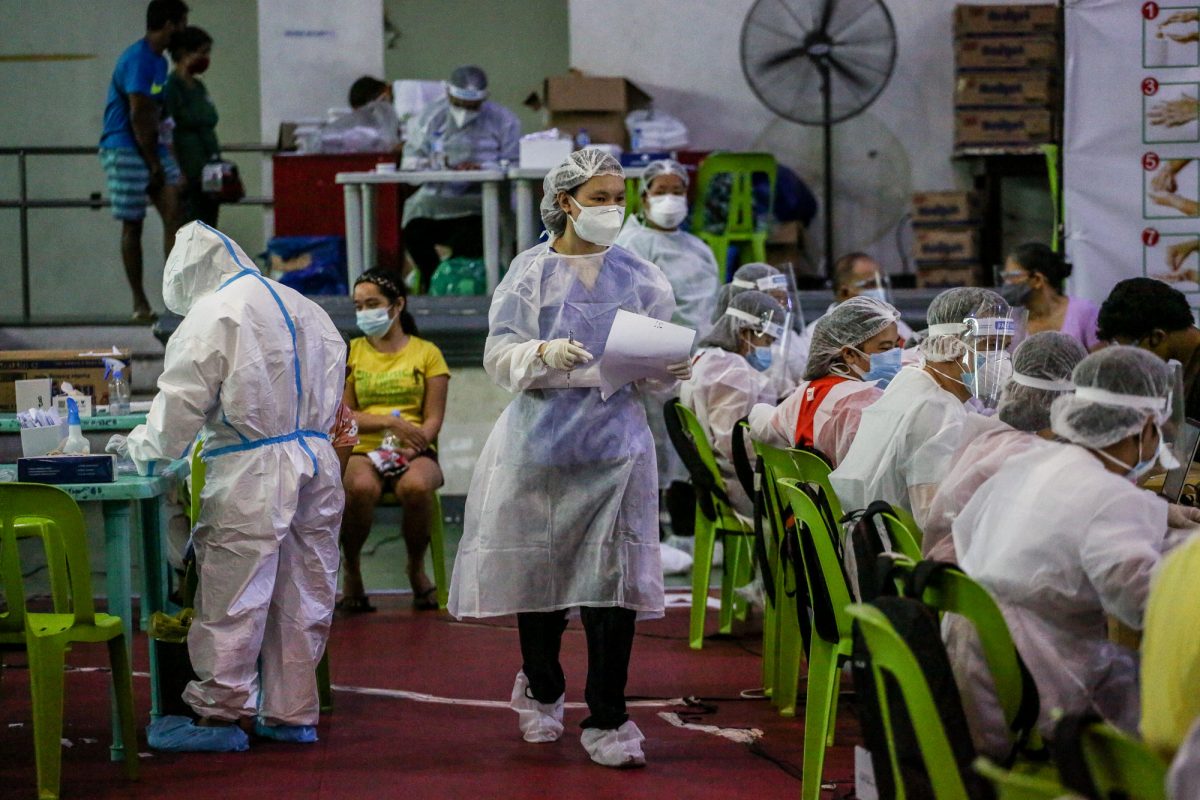UK declines PH offer to exchange nurses for vaccines
By Mark Angelo Mañez
 |
| PHOTO: Philippine News |
The United Kingdom (UK) declined to take up the Philippines on its offer to let more health workers leave the country if it agreed to donate coronavirus vaccines for Filipinos.
Reuters reported on Wednesday, February 24, that a British health ministry spokesperson said the country had "no plans" to agree to such a deal, and that the UK instead planned to donate surplus vaccine doses to other countries in the future.
"We have confirmed that we will share any surplus vaccines in the future – for example through the COVAX international procurement pool," the spokesperson said.
British Ambassador to the Philippines Daniel Pruce echoed the statement on Wednesday, saying the country had "no plans" to link access to vaccines and Filipino healthcare professionals working in the UK.
The Philippines' Department of Labor and Employment (DOLE) earlier broached the subject of lifting a current cap on the deployment of health workers in exchange for COVID-19 vaccines from the UK and Germany. The proposal drew wide criticism from nurses groups and lawmakers in the Philippines who hit the labor department for "dangling" Filipino workers in exchange for access to the coveted good.
In a press conference on Wednesday, DOLE spokesperson Rolly Francia denied the agency was trading workers for vaccines.
Francia said the DOLE wanted to highlight that if more healthcare workers would be deployed beyond the cap, host countries should vaccinate them for their own protection. He added no details or specifics were also discussed over whether the nurses-for-vaccines was a "hard negotiation."
In a series of tweets, Foreign Secretary Teodoro Locsin Jr said there was "no need" for such an arrangement as the UK earlier pledged to help the Philippines secure doses of a vaccine developed by British drugmaker AstraZeneca.
"No need. Ambassador Pruce got us AstraZeneca without any expectation of return," Locsin said.
Nearly 20,000 Filipinos make up the staff of the NHS, UK's healthcare system, ranking as the third largest group of foreign health workers in the country following British and Indian staff.
Filipino nurses have been recognized worldwide for their contribution to foreign health systems across Europe, the Middle East, and North America, among others.
But while many have been hailed for their dedication, their service on the front lines also means Filipino health workers have been one of the hardest-hit groups, suffering from high death rates during the pandemic.
For decades, Filipino nurses have also opted to work abroad due to low wages and poor working conditions in the country.
RELATED ARTICLE: Rappler
